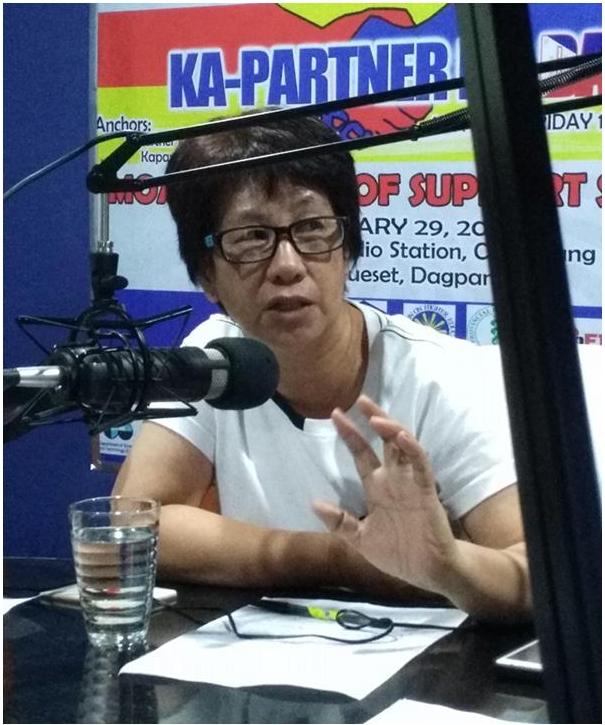
DSWD’s Regional Rehabilitation Center for Youth (RRCY) provides custody to 74 Children in Conflict with the Law (CICL) under suspended/pending cases said Center Head Fe Sarmiento in a DSWD radio program.
Ms. Sarmiento mentioned the rehabilitative activities and strong coordination with the family, community and Local Government Units (LGUs) that facilitate effective strategy in the reintegration or return of the CICL to his family/relative.
As one of the bases of restoring the lives of the CICL, RA 9344 as amended by RA 10630 mandates the establishment of Bahay Pag-asa in LGUs and the institutionalization of the Juvenile Justice Welfare System.
For a maximum of 2-year rehabilitation, CICL turned over by court undergo activities aimed at behavioral modification. “We have structured activities and approaches customized depending on their family background, behavior, culture, and dynamics,” said Ms. Sarmiento.
The Social Workers’ assessments are crucial documents for the decisions of the Court for their reintegration (release) to their family/community or otherwise.
“For CICL not to return to being delinquent is still among the challenges posed to Social Workers. This means preventing them to do other ill activities by encouraging the participation of their families and communities to sustain their good behavior,” Ms. Sarmiento mentioned.
Right from the admission, a plan to implement activities or coordination in the community is already done where parents are also encouraged to join the Family Development Sessions as well as counseling sessions.
As a preventive campaign, Ms. Sarmiento directed a message to parents by saying, “Bago kayo mag-asawa, nakakondisyon sa ating utak na gusto ninyo ng mga anak na magagaling, mahuhusay, at responsable (Before getting married, set goals of producing intelligent, diligent, and responsible children).”
Since failing family values and changing times are main causes of delinquency, vices are very permissive in our society. Ms. Sarmiento advised parents to be more engaging in the activities of their children starting from their childhood up to the stage where they are mature enough to take care of themselves. (by: Iryn D. Cubangbang, Information Officer II)

